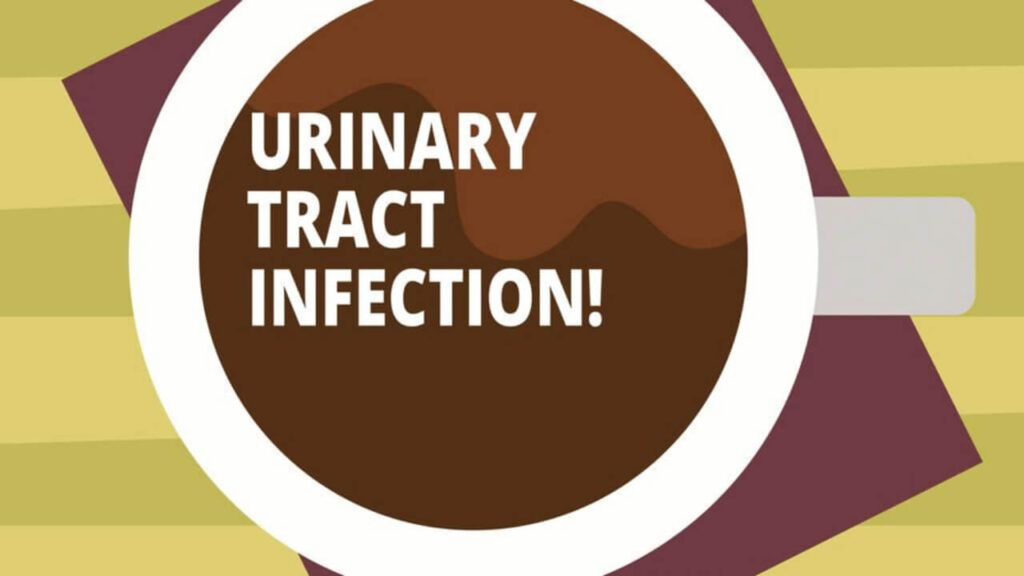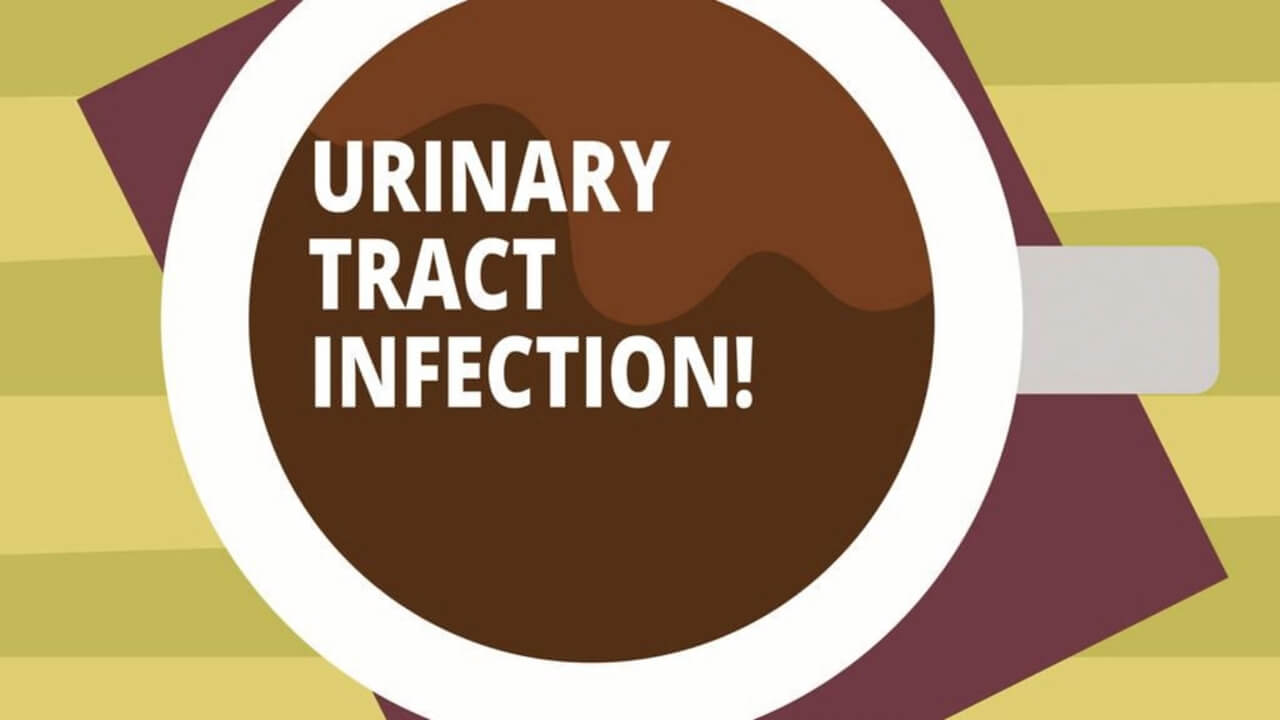
A urinary tract infection (UTI) is an infection that can occur in any part of the urinary system. This system includes the kidneys, ureters, bladder, and urethra.
Most UTIs involve the lower urinary tract, affecting the bladder and urethra. Bacteria, often originating from the skin or rectum, enter the urethra and cause infection.

The most common type of UTI is a bladder infection (cystitis). If you experience symptoms like frequent urination, pain while urinating, or discomfort in your side or lower back, it’s essential to seek medical attention promptly. Antibiotics are commonly used to treat UTIs. 🌟
Let’s delve into preventing UTIs, understanding risk factors, and exploring home remedies:
Preventing UTIs:
- Stay Hydrated: Drinking plenty of water helps flush out bacteria from your urinary tract.
- Urinate Regularly: Don’t hold in urine for extended periods; empty your bladder when needed.
- Wipe Properly: After using the toilet, wipe from front to back to prevent bacteria from the anal area reaching the urethra.
- Avoid Irritants: Steer clear of harsh soaps, bubble baths, and scented products around the genital area.
- Empty Bladder Before and After Intercourse: This helps flush out any bacteria that may have entered during sex.
- Cranberry Juice or Supplements: Some studies suggest cranberry products may help prevent UTIs, but evidence is mixed.
Risk Factors for Developing a UTI:
- Gender: Women are more prone to UTIs due to their shorter urethra.
- Sexual Activity: Frequent sexual intercourse can increase the risk.
- Menopause: Hormonal changes can affect the urinary tract.
- Urinary Retention: Inability to fully empty the bladder.
- Diabetes: Poorly controlled diabetes can make you more susceptible.
- Urinary Tract Abnormalities: Structural issues in the urinary system.
- Catheter Use: Catheters can introduce bacteria.
Home Remedies to Alleviate UTI Symptoms:
- Drink Water: Hydration helps flush out bacteria.
- Warm Compress: Apply a warm compress to soothe abdominal discomfort.
- Avoid Irritating Foods: Spicy foods, caffeine, and alcohol may worsen symptoms.
- Probiotics: Some evidence suggests probiotics may help maintain urinary health.
- Pain Relievers: Over-the-counter pain relievers like acetaminophen can ease pain and discomfort.
Remember, if you suspect a UTI, consult a healthcare professional for accurate diagnosis and appropriate treatment. They can prescribe antibiotics if needed and guide you on managing symptoms effectively .
Let’s address your questions about UTIs:
Common Antibiotics for UTIs:
- Trimethoprim/Sulfamethoxazole (TMP/SMX): Often prescribed as a first-line treatment.
- Nitrofurantoin: Effective against UTIs, especially in uncomplicated cases.
- Ciprofloxacin: A fluoroquinolone antibiotic used for UTIs.
- Amoxicillin/Clavulanate: Sometimes used for more severe infections.
- Ceftriaxone: An injectable antibiotic for severe cases.
Duration of Treatment:
- Typically, antibiotics are prescribed for 3 to 7 days for uncomplicated UTIs.
- For more severe infections or recurrent UTIs, treatment may extend to 10 to 14 days.
- Always complete the full course of antibiotics even if symptoms improve earlier.
Preventing Recurrent UTIs:
- Hygiene: Wipe front to back after using the toilet.
- Stay Hydrated: Drink plenty of water.
- Urinate Regularly: Don’t hold urine for too long.
- Cranberry Products: Some evidence suggests they may help prevent recurrence.
- Probiotics: Consider incorporating probiotics into your diet.
- Avoid Irritants: Steer clear of harsh soaps and scented products.
Remember to consult your healthcare provider for personalized advice and treatment recommendations. 🌟
Let’s explore the signs of severe UTIs, UTIs in men, and the differences between bladder and kidney infections:
Signs of a Severe UTI:
- High Fever: A persistent high fever (usually above 101°F or 38.3°C) can indicate a severe infection.
- Chills and Shivering: Severe UTIs may cause intense chills and shivering.
- Flank Pain: Pain in the sides of the lower back (flank pain) can be a sign of kidney involvement.
- Nausea and Vomiting: Severe UTIs may lead to nausea and vomiting.
- Confusion or Mental Changes: In some cases, UTIs can affect mental clarity.
UTIs in Men:
- While UTIs are more common in women, men can also get them.
- Men usually experience UTIs due to factors like an enlarged prostate, kidney stones, or catheter use.
- Symptoms in men are similar to those in women: burning during urination, frequent urination, and abdominal discomfort.
Differentiating Bladder and Kidney Infections:
Bladder Infection (Cystitis):
- Symptoms: Frequent urination, urgency, burning during urination, lower abdominal pain, and cloudy urine.
- Location: Inflammation occurs in the bladder.
- Severity: Generally less severe than kidney infections.
Kidney Infection (Pyelonephritis):
- Symptoms: High fever, flank pain, nausea, vomiting, and sometimes blood in urine.
- Location: Infection reaches the kidneys.
- Severity: More serious and requires prompt medical attention.
Remember, if you suspect a UTI or experience any of these symptoms, consult a healthcare professional for accurate diagnosis and appropriate treatment. 🌟
Complications of Untreated UTIs:
If left untreated, UTIs can lead to more severe conditions:
- Kidney Infection (Pyelonephritis): The infection can ascend from the bladder to the kidneys, causing fever, flank pain, and potential kidney damage.
- Sepsis: In rare cases, untreated UTIs can lead to sepsis, a life-threatening condition where the infection spreads throughout the body.
- Chronic Kidney Disease: Repeated kidney infections may contribute to kidney damage over time.
Stress and UTI Symptoms:
Stress doesn’t directly cause UTIs, but it can impact your immune system and overall health.
Indirect Effects:
Stress weakens the immune response, making you more susceptible to infections.
It may alter your urinary habits (holding urine, not drinking enough water), which can contribute to UTIs.
Self-Care for Stress Management:
- Practice relaxation techniques (deep breathing, meditation).
- Get adequate sleep.
- Stay physically active.
- Seek emotional support.
Supporting Your Immune System:
Balanced Diet: Consume a variety of fruits, vegetables, whole grains, and lean proteins.
Vitamins and Minerals:
- Vitamin C: Boosts immune function.
- Vitamin D: Supports overall health.
- Zinc: Important for immune response.
Probiotics: Maintain gut health, which influences immunity.
Adequate Sleep: Lack of sleep weakens the immune system.
Regular Exercise: Enhances immune function.
Hydration: Water is essential for immune health.
Remember, consult a healthcare professional for personalized advice and treatment. 🌟


































Merely wanna remark on few general things, The website style and design is perfect, the content is real good : D.
I think other web-site proprietors should take this web site as an model, very clean and fantastic user genial style and design, as well as the content. You’re an expert in this topic!